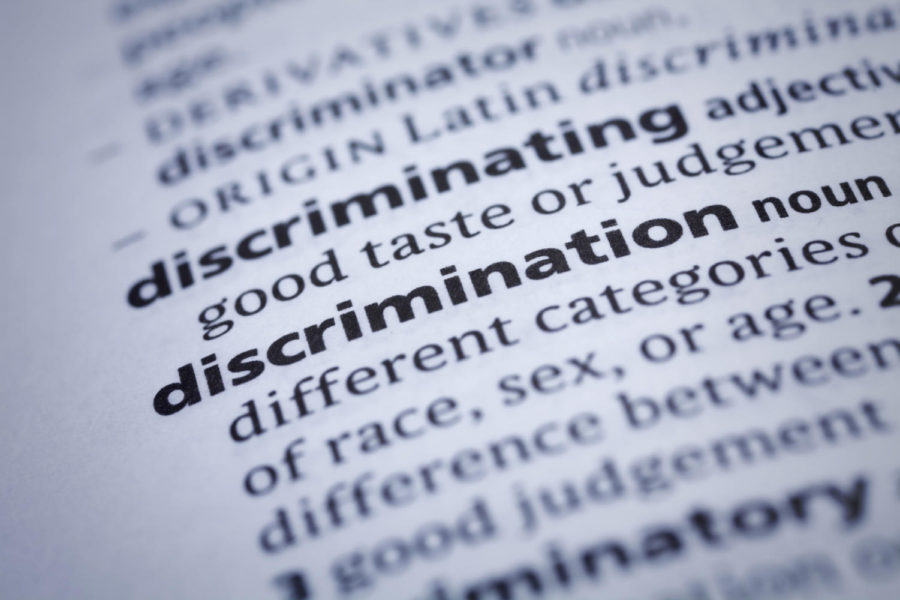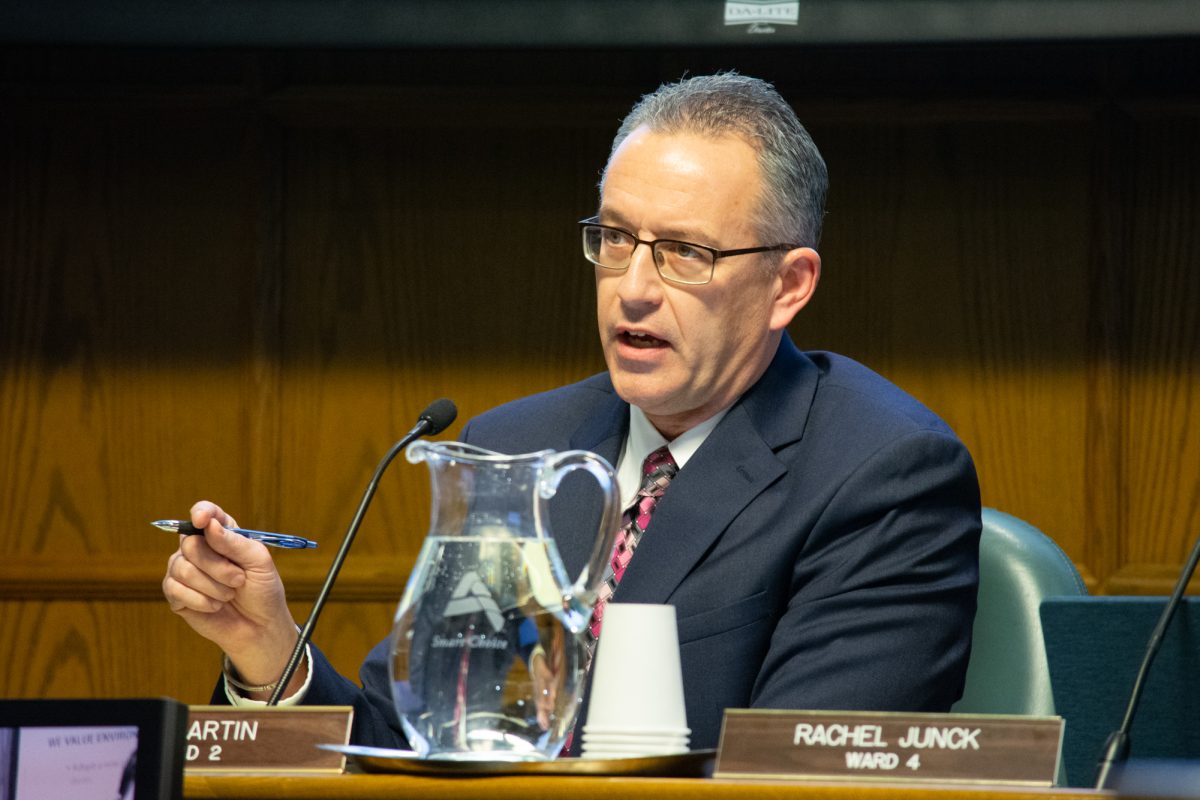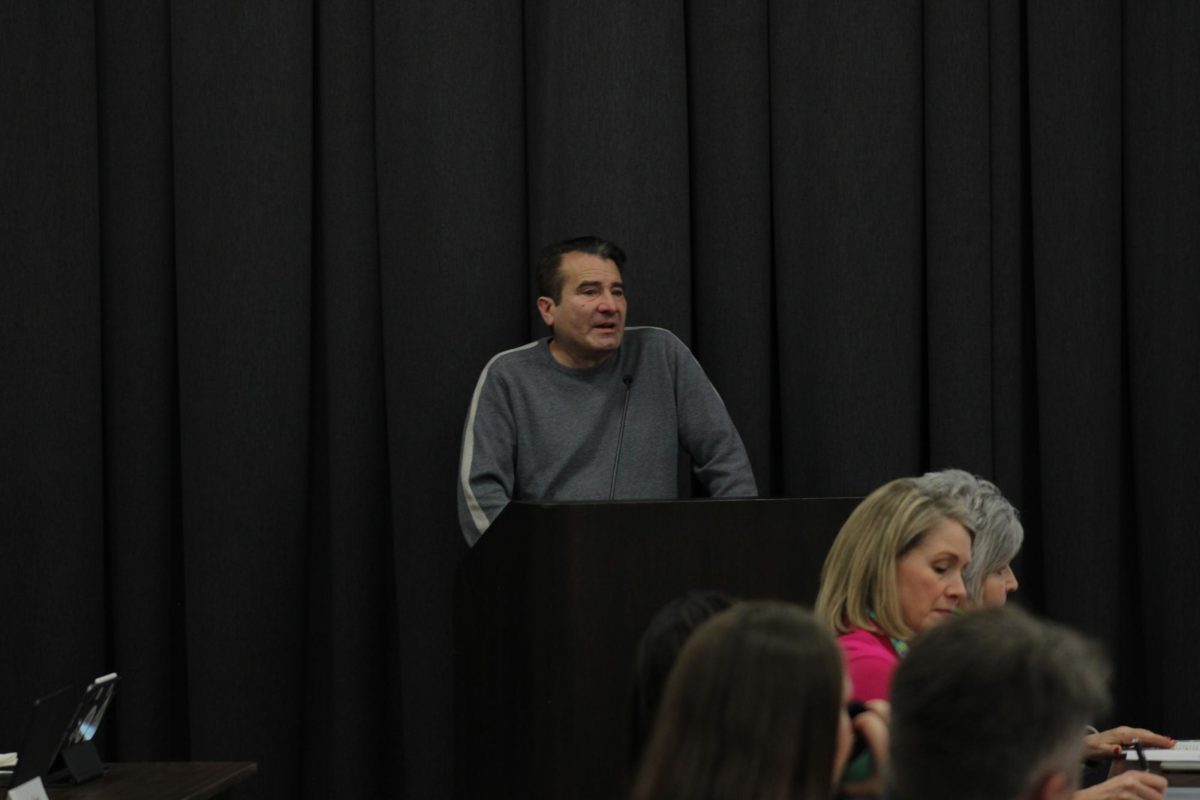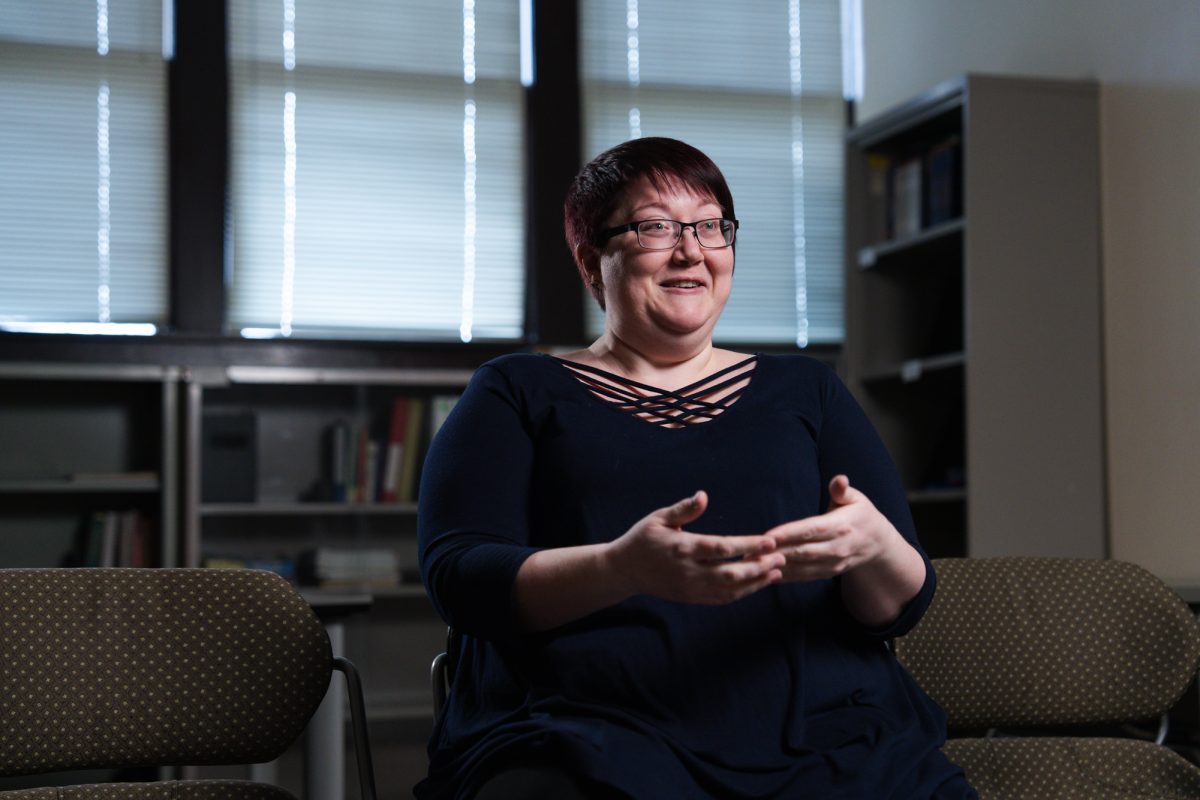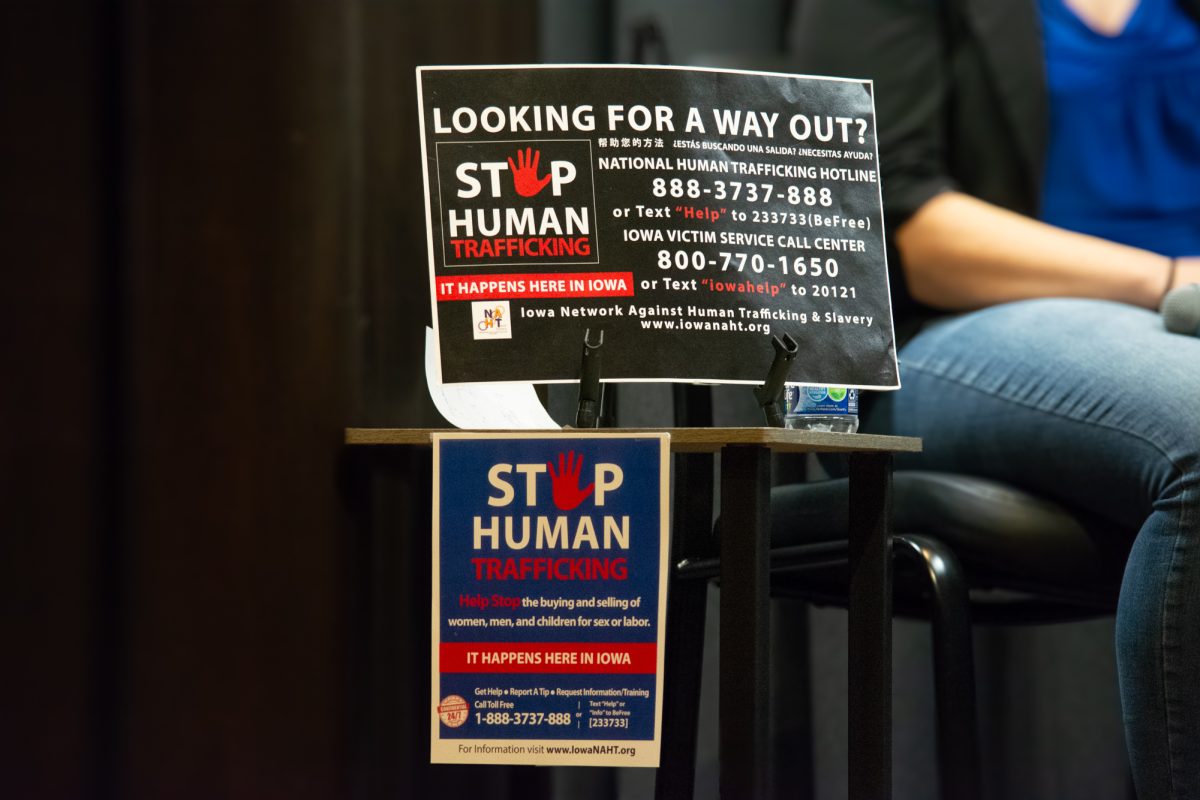Guest Column: Discrimination is hardest on children
Discrimination
March 27, 2016
The department of psychology wants to help build a more welcoming climate for racial and ethnic minority students, staff and faculty at Iowa State.
One way in which we would like to demonstrate our commitment to reducing racism and discrimination is this editorial series.
For the next several months, educational pieces on the psychology of racism and personal stories written by various faculty and students will be shared. The first three editorials described the scientific underpinnings of stereotypes, prejudice and discrimination and offered suggestions for how these can be overcome.
Today, Dr. Carolyn Cutrona, professor and chair of the department of psychology will describe findings from her 20-year study of African-American families in Iowa and their experiences of racial discrimination. Sadly, the effects of discrimination are worst among children.
This series was edited by Stephanie Carrera, graduate student in psychology, and Cutrona.
—-
It has been my great privilege to be one of the lead investigators on the largest and longest-running study ever conducted of African-American families, the Family and Community Health Study (FACHS). Beginning in 1997, we recruited 887 African-American families, all of whom had a child who was 10 to 11 years old at that time. We recruited half of the families in Iowa and half in Georgia. We recruited all of the Iowa families from Des Moines and Waterloo because those were the only areas in the state with a population of 10 percent or more African-American residents.
Since 1997, we have interviewed participants every two to three years to gather information on their daily experiences. We are currently conducting our seventh interview with the parents and “youth,” who are now 29 to 30 years old. Over 700 of the original families are still participating in the study, which is a testament to their commitment to the project.
One important focus of the study is the frequency and consequences of experiences of racial discrimination. We administered a questionnaire that listed 26 different kinds of discrimination and asked children and adults how frequently these had occurred in their lives. Examples of questions on the questionnaire are:
How often has someone suspected you of doing something wrong just because you are African-American?
How often has someone yelled a racial slur or racial insult at you just because you are African-American?
How often have you encountered people who didn’t expect you to do well just because you are African-American?
How often has someone discouraged you from trying to achieve an important goal just because you are African-American?
A finding that often surprises people is that the average level of reported racial discrimination was significantly higher in Iowa than in Georgia, for both children and adults, at every interview. Although the southern United States has a history of segregation and racism, discrimination and stereotyping occur in all parts of the country, including Iowa.
People who grow up in Iowa often have few opportunities to interact with African-Americans, who comprise only 3.3 percent of the state’s population. This lack of contact can lead to stereotypical thinking patterns because Iowans often have had no African-American friends, teachers, co-workers or neighbors to counteract these distorted thoughts. We are much more likely to hold stereotypical beliefs about others when we do not know them as real people in our daily lives.
We wondered at what age African-American children become aware of racial discrimination. In our study, as early as age 10, children reported experiences of racial discrimination. The type of discrimination reported most frequently by 10-year-olds was encountering people who were surprised that they, as an African-American, did something really well.
The other most frequently reported types of discrimination among 10-year-olds were friends and family being treated unfairly and someone yelling a racial slur or racial insult.
The frequency of experiences of discrimination increased significantly up to age 15, then leveled off during the later teens and early 20s. Discrimination increased more sharply over time in Iowa than in Georgia. At age 15, youth reported the same kinds of experiences as the 10-year-olds, including others having low expectations of them because of their race, name-calling and friends and family being treated unfairly.
Even as young as age 10, more frequent experiences of discrimination were significantly associated with higher levels of anxiety, depression, and anger and lower levels of optimism among children. For some children, more frequent experiences of discrimination were associated with lower self-control and the belief that sometimes aggression is a legitimate way to solve problems. These same associations were found at ages 15 and 18.
The research literature has found that children suffer more from experiences of racially-based discrimination than do adults (Schmitt, Branscombe, Postmes & Garcia, 2014). Our results were consistent with that pattern. The Iowa parents in our study reported much more frequent experiences of discrimination than the children. However, when the children were young, these experiences were not significantly associated with anxiety or depression in the parents.
Parents of 10-year-olds who reported higher levels of racial discrimination encouraged their children to develop their talents and abilities to a greater extent than parents who experienced less discrimination. Clearly, they hoped that their children would succeed in life and thereby overcome the low expectations for them that were held by their teachers and other adults in the community.
We pride ourselves in Iowa for being open-minded and fair. However, even very young African-American children understand that the dominant culture does not perceive them as being able to accomplish as much as their white counterparts and they believe that their families and friends are sometimes treated unfairly because of their race.
It is crucial that as teachers, neighbors, co-workers and friends, we do not allow negative stereotypes to shape our expectations of other people. It is important to see people as individuals, and to appreciate their unique talents.
We do not intentionally tell young African-American children that we do not believe they can succeed, but in the context of our current, prejudiced society, it is important that we understand how damaging these discriminatory messages are to children and their families. It is imperative that we make the message loud and clear that we believe in them and that we will be there to cheer them on to a bright future.
Schmitt, M. T., Branscombe, N. R., Postmes, T., & Garcia, A. (2014). The consequences of perceived discrimination for psychological well-being. A meta-analytic review. Psychological Bulletin, 140, 921-948.


